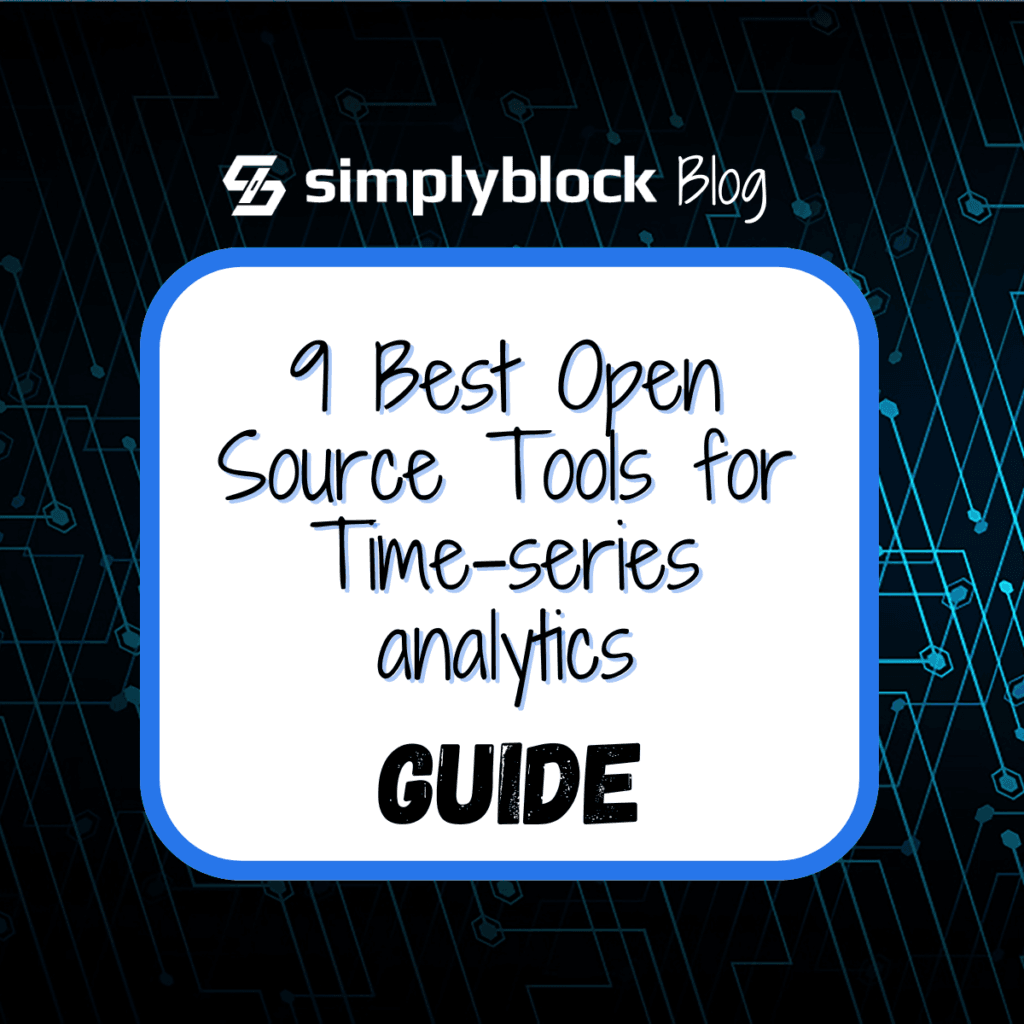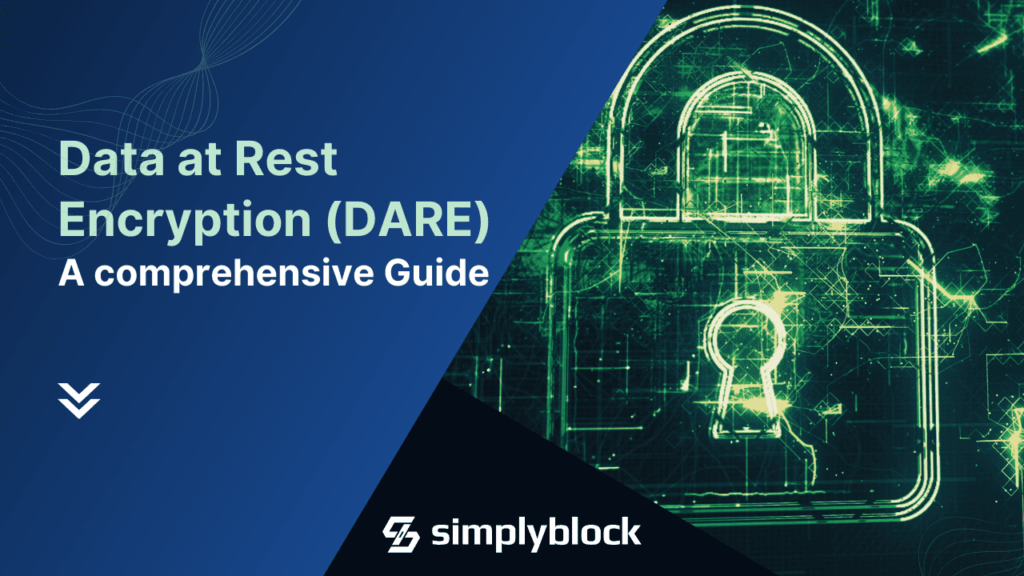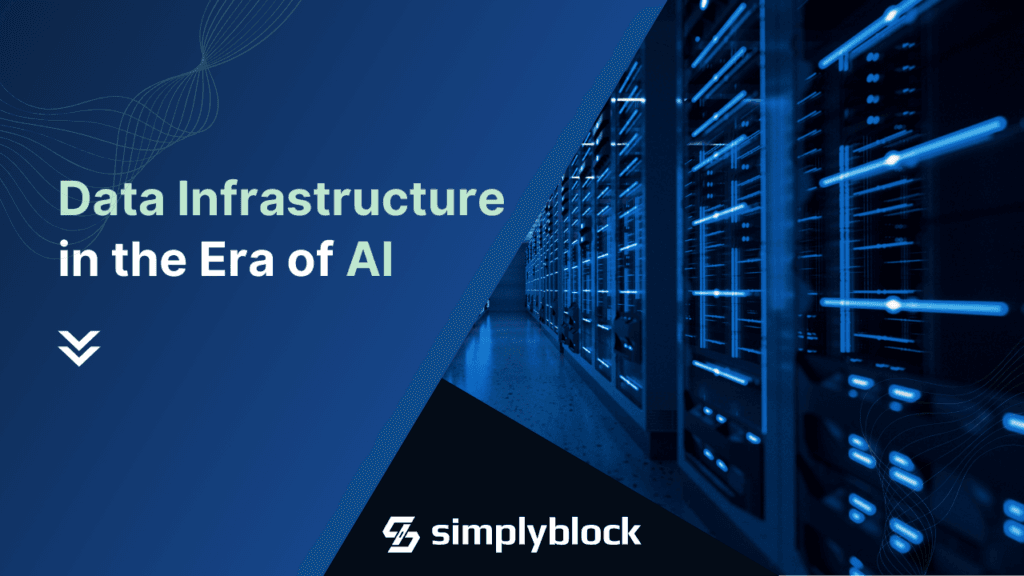Timeplus: Streaming Analytics for Realtime Data | Jove Zhong
Sep 13th, 2024 | 5 min read

Introduction:
In this episode of simplyblock’s Cloud Commute podcast, host Chris Engelbert sits down with Jove Zhong, co-founder of Timeplus, a streaming analytics platform. The discussion delves into how Timeplus powers real-time data processing and analytics across various industries. Listeners will gain insights into real-time streaming analytics, its applications, and the technologies driving this innovation.
This interview is part of the simplyblock Cloud Commute Podcast, available on Youtube , Spotify , iTunes/Apple Podcasts , and our show site.
Key Takeaways
What is Timeplus and how does it Work?
Jove describes Timeplus as a general-purpose data platform specializing in streaming SQL and real-time analytics. It allows users to process and analyze live data streams, whether from financial trading, cybersecurity, or Web3 blockchain. Timeplus stands out by combining real-time and historical data within a single platform, eliminating the need to query separate systems.
How does Timeplus Compare to other Streaming Processors like Flink or Spark?
Timeplus aims to simplify the developer experience compared to Flink, which can be complex to set up and maintain. While Spark is popular due to its ease of use and integration with Python, Jove points out that Timeplus offers lower latency, making it more suitable for scenarios requiring real-time insights, such as high-frequency trading or real-time alerts.
What are the Key use Cases for Timeplus?
Jove highlights several use cases for Timeplus, such as real-time dashboards, alerts, and financial trading applications. The platform’s ability to process data with millisecond-level latency makes it ideal for high-frequency trading, where speed is crucial. Additionally, its real-time CDC (Change Data Capture) capabilities allow organizations to set up real-time alerts, ensuring fast response to critical changes in data.

In addition to highlighting the key takeaways, it’s essential to provide deeper context and insights that enrich the listener’s understanding of the episode. By offering this added layer of information, we ensure that when you tune in, you’ll have a clearer grasp of the nuances behind the discussion. This approach enhances your engagement with the content and helps shed light on the reasoning and perspective behind the thoughtful questions posed by our host, Chris Engelbert. Ultimately, this allows for a more immersive and insightful listening experience.
Key Learnings
What is Real-time Streaming Analytics?
Real-time streaming analytics refers to the continuous processing and analysis of data as it arrives from various sources. It enables businesses to gain immediate insights and react to events as they happen, making it essential for industries like finance, e-commerce, and logistics.
Simplyblock Insight:
Streaming analytics requires not only high-speed data ingestion but also efficient, real-time processing capabilities. Simplyblock enhances performance by providing optimized, distributed storage that minimizes data bottlenecks and accelerates query execution. This allows businesses to achieve true real-time analytics without the risk of delays caused by data access issues, ensuring smooth operations even during traffic spikes.
How do Businesses use Streaming Analytics?
Businesses across various sectors leverage streaming analytics to gain real-time insights into operations. From tracking customer behavior on e-commerce platforms to monitoring financial transactions in real-time, streaming analytics empowers businesses to make instant decisions, automate responses, and predict outcomes based on live data.
Simplyblock Insight:
For organizations handling vast amounts of live data, infrastructure stability is critical. Simplyblock’s cloud-native platform ensures high throughput, fault tolerance, and scalability, which are essential for handling real-time data streams reliably. With built-in redundancy and failover mechanisms, simplyblock guarantees data continuity and integrity, so businesses can focus on drawing insights rather than maintaining their infrastructure.
Are Streaming Analytics and Real-time Analytics the Same?
While often used interchangeably, streaming analytics and real-time analytics serve slightly different functions. Streaming analytics processes data continuously as it arrives, while real-time analytics focuses on the near-instantaneous analysis of data that may already be aggregated or stored. Both methods are essential for organizations needing up-to-the-minute insights.
Simplyblock Insight:
Simplyblock provides flexible infrastructure that supports both streaming analytics workloads. For streaming analytics, ssimplyblock’s low-latency data pipelines allow for continuous data flow and analysis.
Additional Nugget of Information
How is Machine Learning Integrated with Real-time Analytics?
Machine learning models are increasingly being deployed alongside real-time analytics to offer predictive insights. Real-time data streams are fed into pre-trained models, which can detect patterns or anomalies, such as fraud detection in banking, in near real-time. The combination of real-time data and AI enables businesses to not only respond to events but also forecast and mitigate future risks.
Conclusion
If you’re looking to stay ahead in today’s data-driven world, Jove Zhong’s insights on Timeplus offer a clear path forward. With its ability to handle both real-time and historical data in a single platform, Timeplus is helping businesses make faster, smarter decisions. Whether you’re in finance, cybersecurity, or any industry that depends on immediate insights, Timeplus’ low-latency streaming analytics can be a game-changer. Combined with ssimplyblock’s reliable infrastructure, it ensures your systems can scale and perform seamlessly under pressure.
If you’re excited about the future of real-time data analytics and want to learn more about how these technologies can drive innovation in your field, you won’t want to miss future episodes.
Be sure to tune in to future episodes of the Cloud Commute podcast for more expert discussions.



